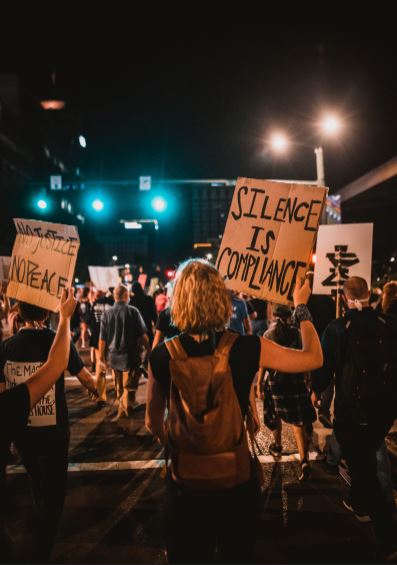Education for decolonization

Abstract
Any society that intends to change the course of history, against the established order, must assume the conviction of creating a new theoretical scheme to write a history from its praxis understanding the historical-social reality in particular; therefore, the decolonization of thought is part of the overcoming of common sense aligned to the dynamics of teaching and learning engaged in education and is presented as an alternative to consciously influence reality, from a transformative social action and prefigured by the protagonists of the change of structure generating a critical thinking and alternative pedagogies. In a society that limits, more and more, the possibilities of acting for the common good are vital coexistence in solidarity to achieve life in peace and in a relationship of balance with the territories where they live generating educational strategies unrelated to the historical imposition of thought in the academic and educational cloisters. The recognition of the historical-cultural diversity existing in the world and the different meanings of history, expressed in different worldviews of ways of organizing and living in society, allows us to value the coexistence of communities and people that share habitats and territories and that articulate among them to cooperate with each other, complement each other and exchange resources and capacities, in a relationship of reciprocity oriented, decolonized thinking and harmony among all people within predefined social contexts based on critical educational strategies.
Keywords
decolonization, thought, history, education, worldview
References
- Dussel, E. (1973). América Latina: dependencia y liberación. Buenos Aires, Argentina: Consejo Latinoamericano de Ciencias Sociales (CLACSO).
- Facione, P. A. (2007). Pensamiento Crítico: ¿Qué es y por qué es importante?. Obtenido de Insight Assessment - The California Academic Press: http://eduteka.icesi.edu.co/pdfdir/PensamientoCriticoFacione.pdf
- Foucault, M. (1995). Critica y Aufklärung ¿Qué es la crítica? Revista de Filosofía-ULA, 8, 1-18.
- Freire, P. (2006). Pedagogía del oprimido. Buenos Aires, Argentina: Siglo XXI Editores.
- Habermas, J. (1985). “Conciencia moral y acción comunicativa”. Península, Barcelona: Taurus.
- Marx, K. (Hamburg). Das Kapital. Hamburg: Kritik Der Politischen Oeckonomie.
- Mejía J., M. R. (2008). Las pedagogías críticas en tiempos del capitalismo cognitivo - Cartografiando las resistencias en educación. Medellín, Colombia: Planetapaz - Expedición Pedagógica Nacional - Programa Ondas.
- Moreano, A. (2011). Nuestra América y el pensar crítico: Neoliberalismo, cultura y sociedad. En E. Grüner (Coord.). Buenos Aires, Argentina: Clacso.
- Russell, B. (1975). Principios de reconstrucción social. Traducción de E. Torralva Beci. Madrid, España: Editorial Espasa-Calpe.